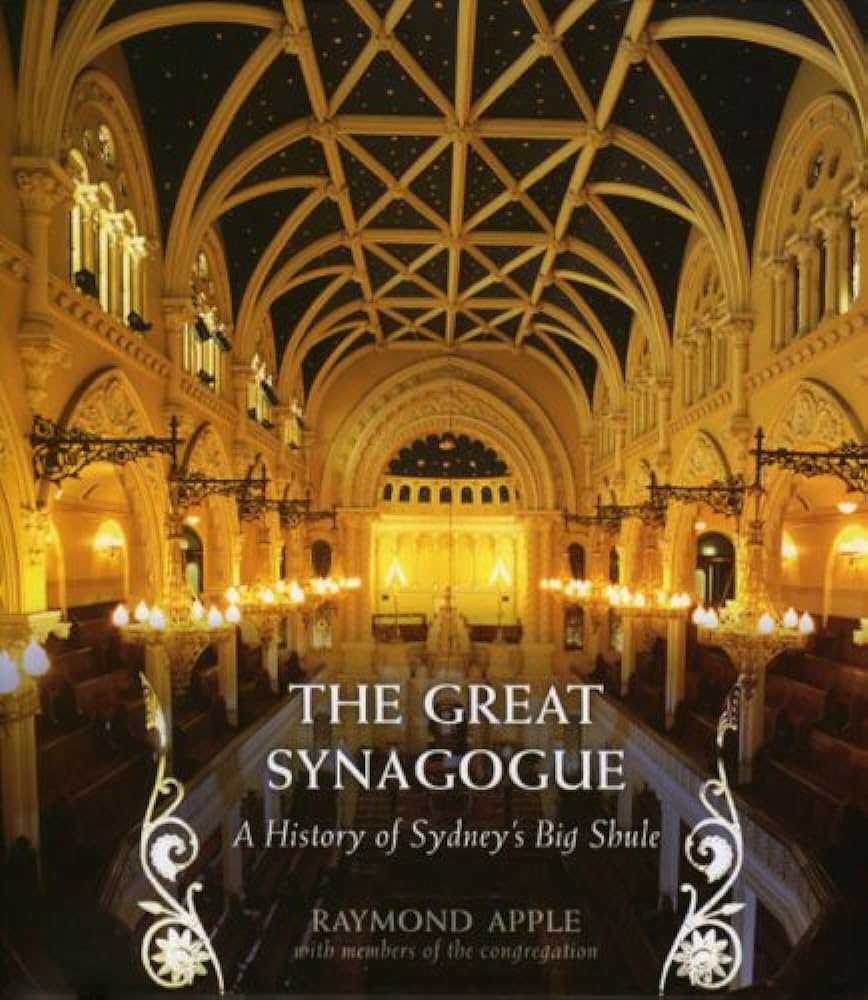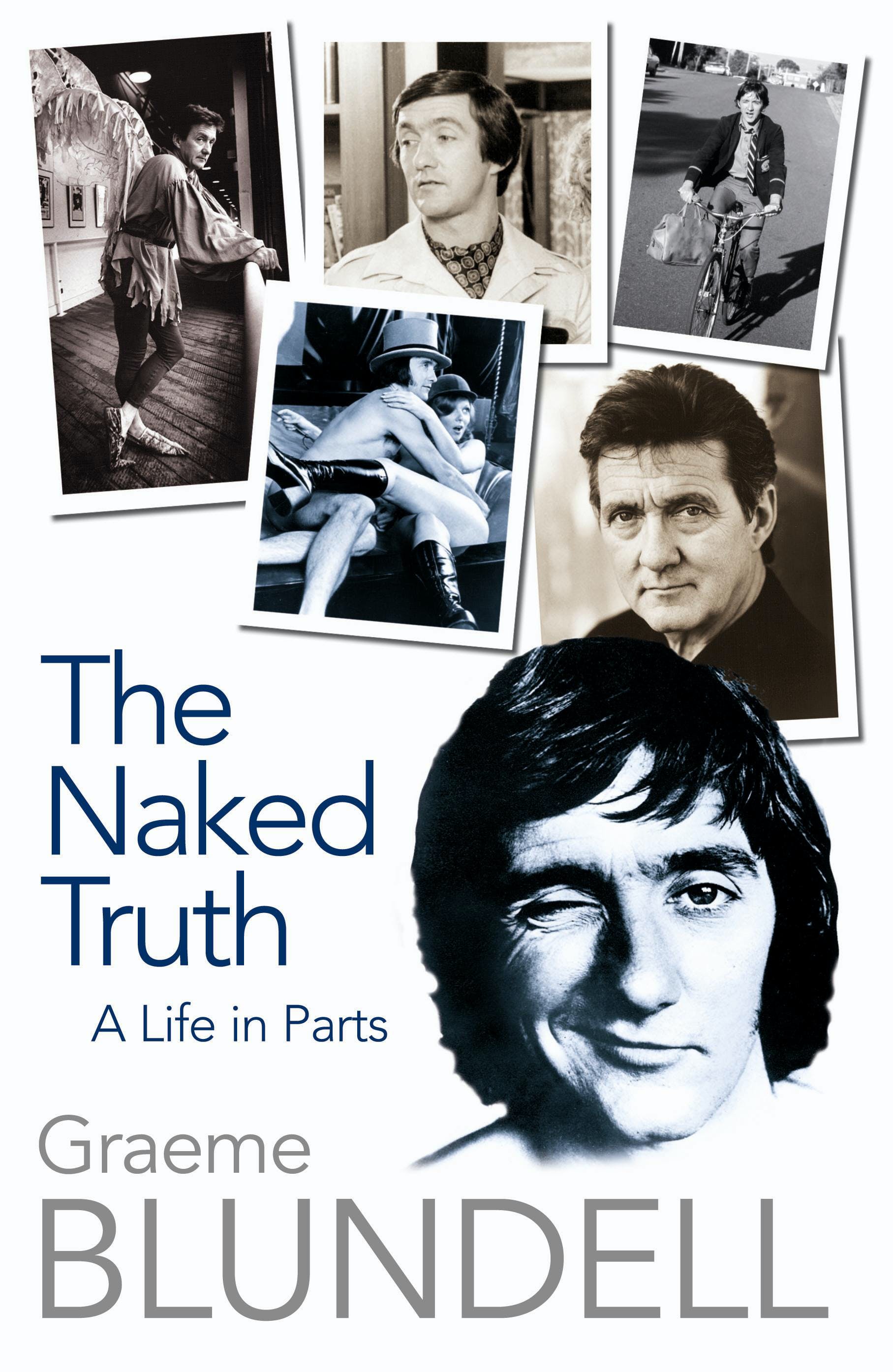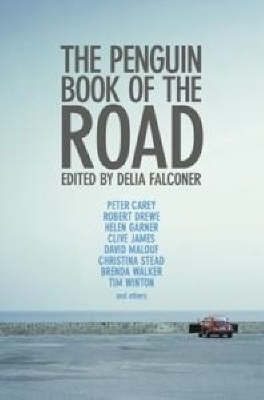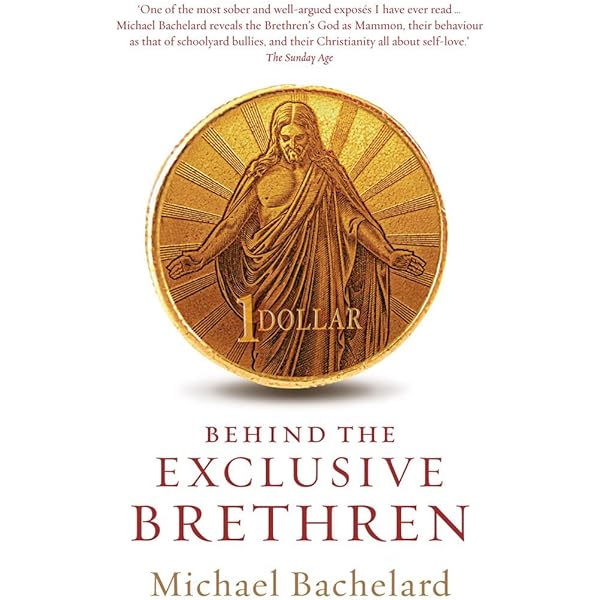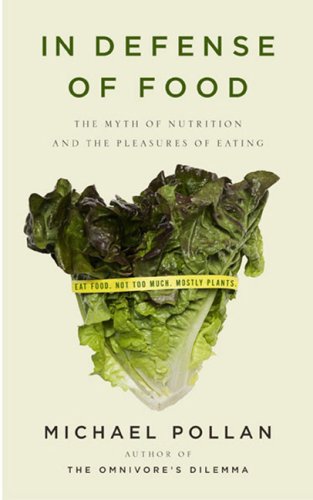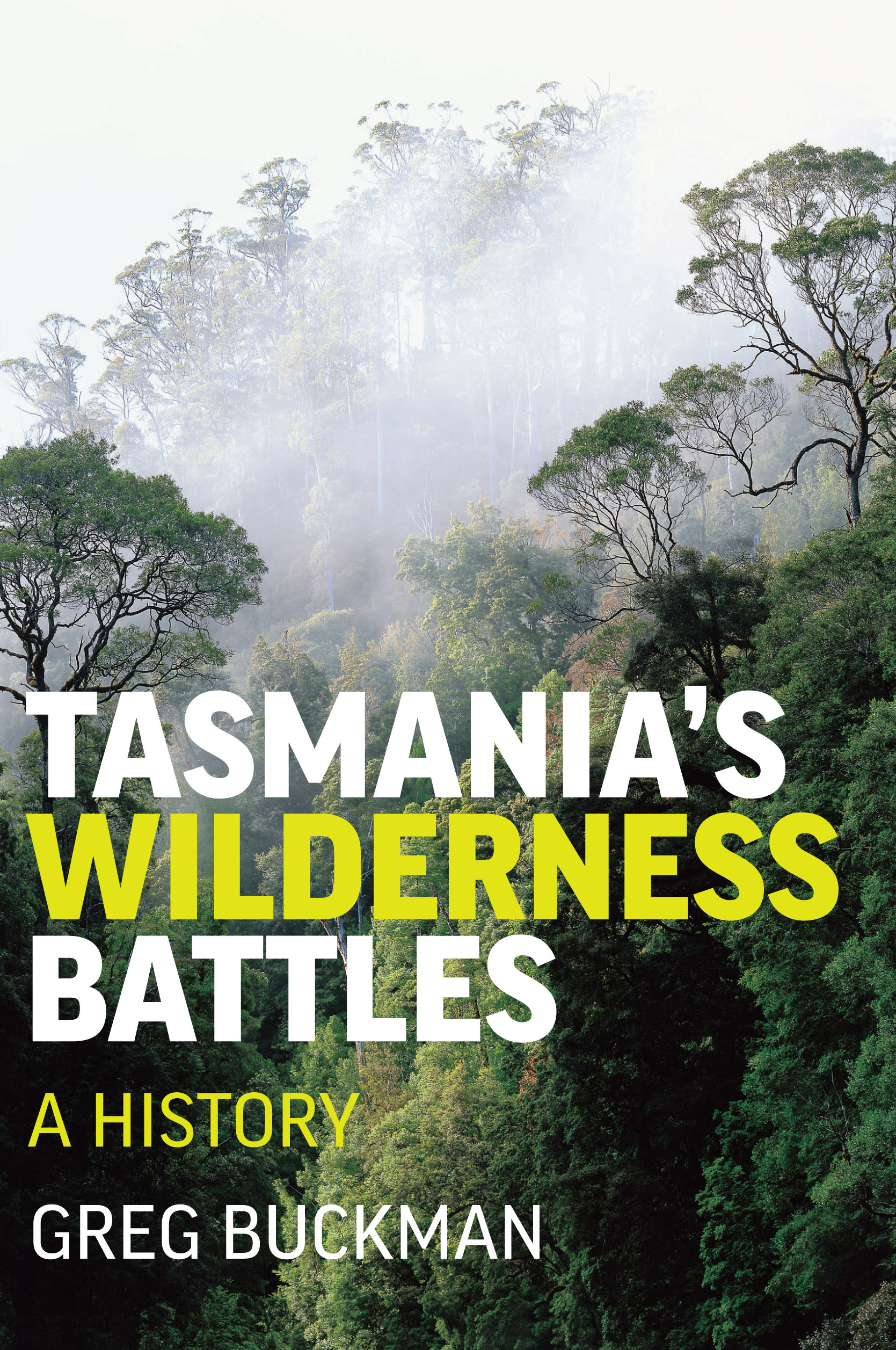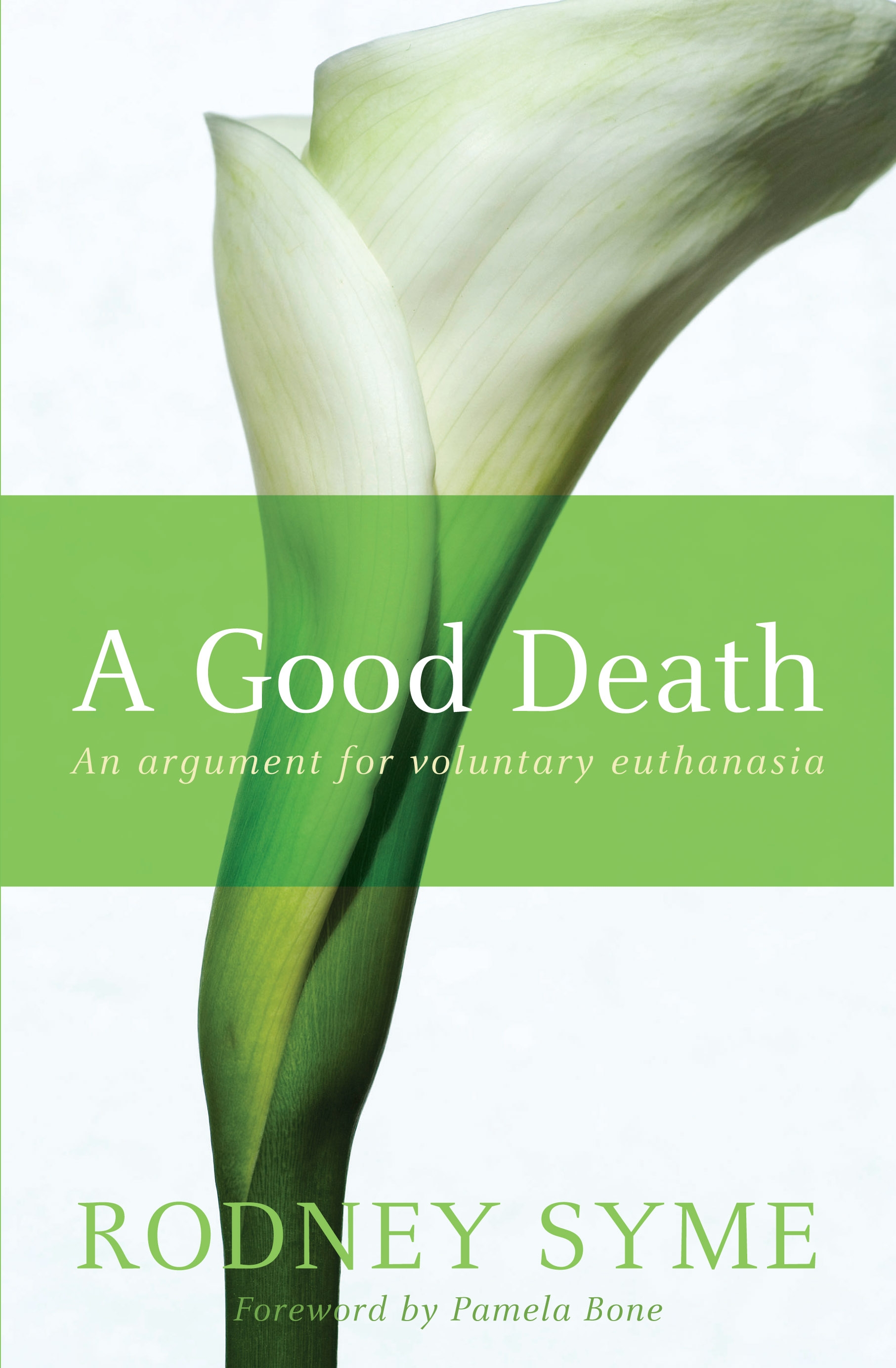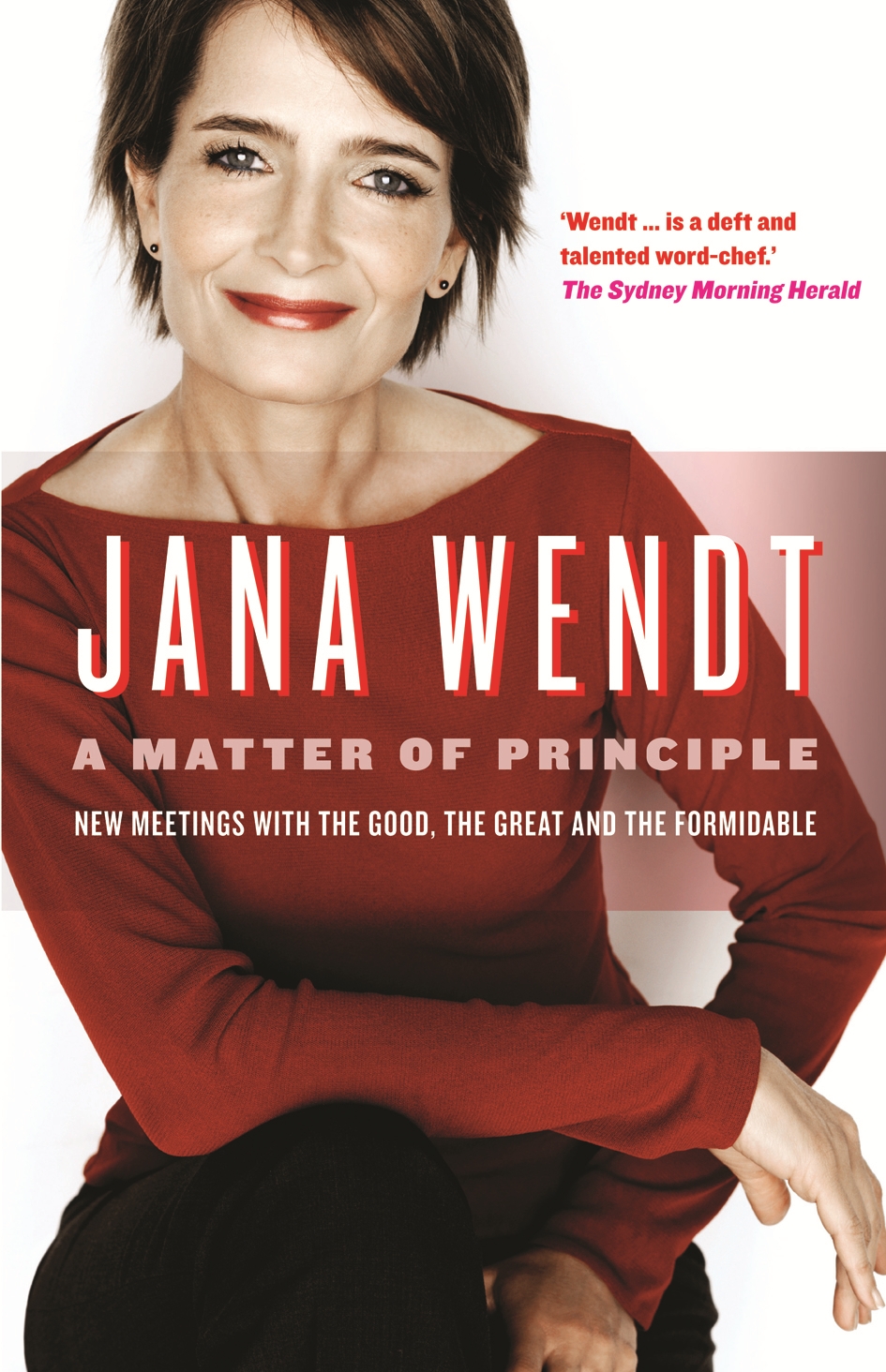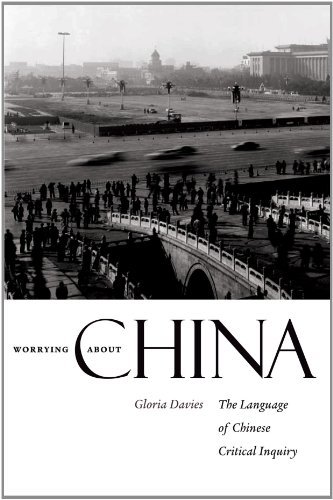Non Fiction
The Great Synagogue: A history of Sydney’s big shule by Raymond Apple
The Australian migrant experience is often regarded through the prism of the postwar experience and the waves of immigration and exodus, chiefly from Europe. Today, except among historians, the settlement of Australia is often the butt of colonial and convict humour, or the stuff of pop-cultural iconography and self-identification. This comes at the expense of a true appreciation and understanding of Australia’s rich cultural and demographic origins. In the light of recent cultural debates regarding ethnicity and multiculturalism, it is clear that our understanding of our society, and the varied backgrounds of its constituents, is wanting.
... (read more)There has been no escaping Graeme Blundell lately. There was Catharine Lumby’s astute reappraisal of his image-making Alvin Purple for the Currency Australian Classics series; and, as I write, the advertisements for the new local documentary Not Quite Hollywood feature a bare-chested Blundell in a pair of unforgivable 1970s flares. Now, here is his own account of how he got to be that way – and a good deal more.
Blundell was branded for years by the Alvin persona, that of the improbable sex symbol, irresistibly attractive to women who are turned on by this short, faintly nerdish suburban lad with a curious magnetism invisible to the naked eye. And naked, of course, was the key word. There is a good more to Blundell than the Alvin image, but let’s get it out of the way first.
... (read more)Roads are not places, but ways to and away from them, perhaps in fearful flight or in buoyant expectation. Travelling them can engender boredom (‘Are we there yet?’) and horror (‘Will we ever get there, alive?’). Roads are means of reaching those fabled and amorphous Australian locations – the city, the bush, the beach. Each of these has attracted anthologies (some from Penguin). Delia Falconer’s task, as editor of The Penguin Book of the Road, is less straightforward, being concerned with how we travel rather than where we arrive, with highways but also with indirect, crooked ways. In a masterly and challenging introduction, she warns us of what to expect.
... (read more)Behind the Exclusive Brethren is the story of a religious group that goes to extraordinary lengths to remain ‘apart from the world’ but whose very ‘unworldliness’ is maintained by very worldly means. Journalist Michael Bachelard’s readable and balanced account of the Exclusive Brethren in Australia is informed by a broad understanding of the church in its international context.
... (read more)In Defence of Food: The myth of nutrition and the pleasures of eating by Michael Pollan
In Defence of Food is several books rolled into one. It is a primer on nutrition science, a contextual exposé on what we put in our mouths, an advertisement for the joys of eating and even something of a self-help diet and behavioural book. It is also part of Michael Pollan’s ongoing conversation with the reading (and eating) public, and is more satisfying when placed within his oeuvre, particularly The Omnivore’s Dilemma: A Natural History of Four Meals (2006).
Mostly, though, In Defence of Food is a polemic about ‘the problem of the Western diet, and how we might plot our escape from it’. Pollan even cites a shiny new eating disorder for us to worry about: an ‘orthorexic’ is a person ‘with an unhealthy obsession with healthy eating’. While Pollan writes about the United States, we only have to read the ingredient lists on our supermarket products, or reflect upon the controversy over the meat-heavy (or meat-rich, depending on your viewpoint) CSIRO diet books, to recognise the Australian relevance of the ‘Western diet’ debate.
... (read more)‘This book is a celebration of art that doubles as a critique of religion,’ writes Peter Conrad in the introduction to this enormous book. Neither aim is especially unusual, but their ambitious fusion here creates a questing mesh of narratives, huge in scope, in which architecture, music, literature, drama, motion pictures, poetry and philosophy in many schools and eras are gathered under the sprawling rubric of art, and no religious tradition is excluded. At times it feels as if you are reading a book about everything, and its restlessness carries you through thirty-three extremely solid, occasionally indigestible chapters, beginning with Mary Shelley’s Frankenstein.
... (read more)Tasmania's Wilderness Battles: A History by Greg Buckman
In Tasmania’s Wilderness Battles, Greg Buckman provides a history of the environment movement in Tasmania. He focuses on the various battles that have taken place between environment activists and those developers that have viewed Tasmania’s wilderness as being purely a source of profit.
Buckman opens with the Lake Pedder battle in the 1960s. This battle was waged between activists and the Hydro Electric Commission, and was significant for ‘its radicalising influence on the Tasmanian environment movement’. Buckman moves on to describe disputes over the Franklin River, the Farmhouse Creek forest and the Gunns pulp mill. Buckman concludes by arguing that Tasmania needs to adopt a more ‘enlightened view of wilderness’.
... (read more)A Good Death: An argument for voluntary euthanasia by Rodney Syme
In A Good Death, Rodney Syme outlines his case for the legalisation of euthanasia. Drawing on his experience working with seriously ill patients over several decades, Syme (a medical practitioner) advances the controversial argument that ‘physician-assisted death’ is a humane response to ‘intolerable and otherwise unrelievable suffering’.
... (read more)A Matter of Principle: New meetings with the good, the great and the formidable by Jana Wendt
Jana Wendt has conducted her share of difficult and confronting interviews with public figures during her television career, but rather than rehashing old encounters for this book, she spoke afresh to thirteen people, naming each interview after a principle the subject nominated, or one that ‘seemed to me to most obviously propel the thinking and attitudes of the person in question’.
... (read more)Worrying About China: The language of Chinese critical inquiry by Gloria Davies
Gloria Davies quotes William Blake in the acknowledgments to her book: ‘true friendship is argument.’ When choosing that quote, I wonder if she had the Chinese concept of zhengyou in mind. That is the word Kevin Rudd chose for friendship when he spoke to the students at Peking University in April this year. Zhengyou is not just about friendship, for which there is another Chinese word (youyi); it defines a true friend as one who dares to disagree.
... (read more)

